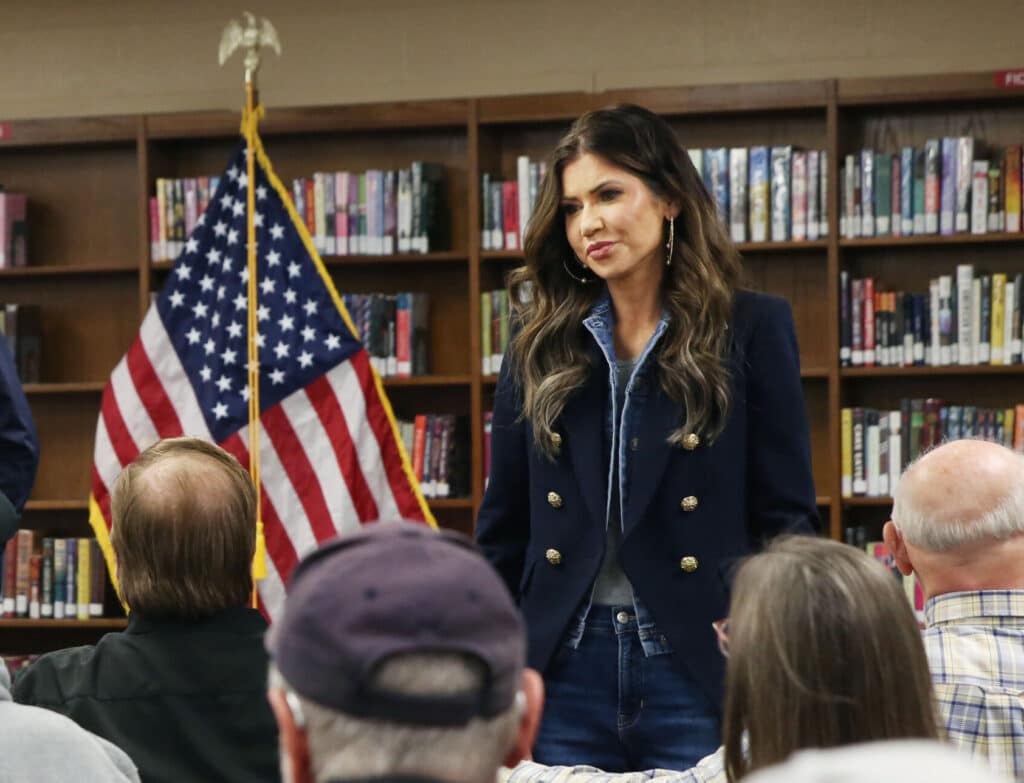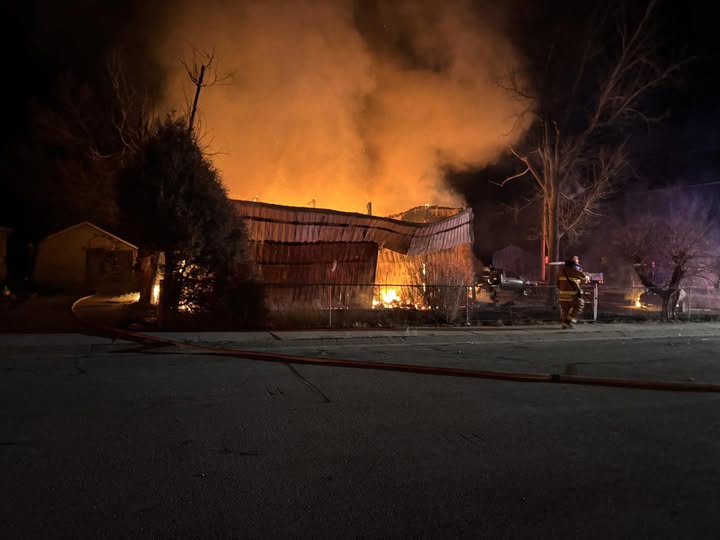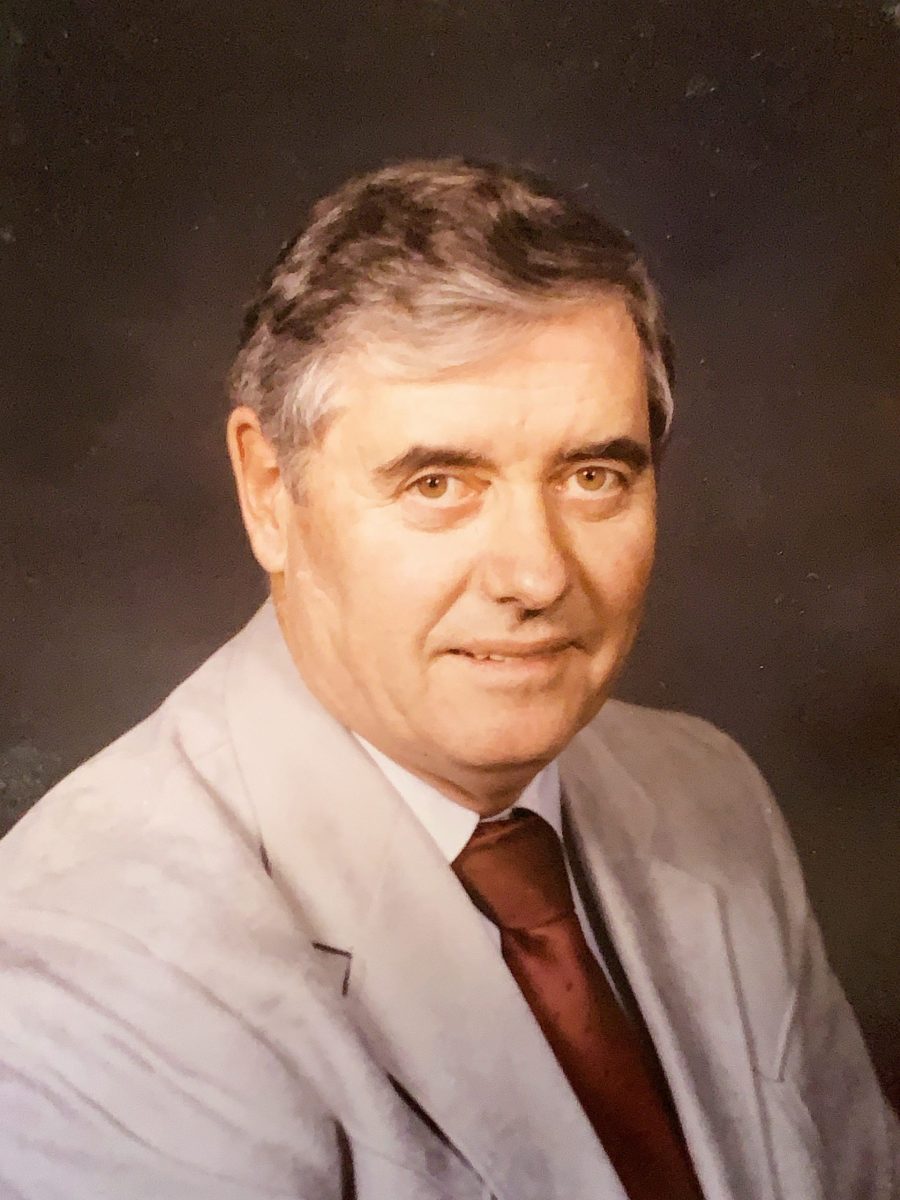PIERRE, S.D. – Leaders from Native American tribes in South Dakota are asking Governor Kristi Noem to apologize and provide proof to back her claims that certain tribal leaders are profiting from cartels.
“We’ve got some tribal leaders that I believe are personally benefiting from the cartels being here and that’s why they attack me every day,” Noem said during her recent town hall meeting in Winner.
Noem said Mexican drug cartels are making their way to South Dakota through the tribal reservations to traffic drugs, sex and children.
Now, tribal leaders from the Rosebud Sioux Tribe, Oglala Sioux Tribe, Cheyenne River Sioux Tribe and Crow Creek Sioux Tribe are responding to those allegations.
The Rosebud Sioux Tribe released a statement refuting the Governor’s claims.
“Governor Noem’s racially prejudiced remarks about tribal presidents and tribal councils being focused on a ‘political agenda’ are simply not true,” Rosebud Sioux Tribal President Scott Herman wrote. “Governor Noem’s malicious remarks that tribal officials ‘benefit’ from the presence of cartels without any evidence, is made without any basis in truth and is defamatory and libelous.”
Herman stated Governor Noem’s statements, “strayed from education into an unwarranted and untruthful attack on Tribal Nations. Her remarks were made from ignorance and with the intention to fuel a racially based and discriminatory narrative towards the Native people of South Dakota.”
Peter Lengkeek, the tribal chairman for the Crow Creek Sioux Tribe, agrees the governor’s comments were defamatory and wants her to provide evidence.
“Where is her proof of this financial benefit that we are receiving? Where’s the proof? Show it to me,’” Lengkeek said.
 Tribe Bans Governor Over U.S.-Mexico Border Remarks 〉
Tribe Bans Governor Over U.S.-Mexico Border Remarks 〉
Governor Says She Spoke Truth To Effect Of Cartels〉
He told KELOLAND News he initially didn’t want to “give life” to Noem’s remarks by speaking on them, but said Native people are now being racially targeted in the state.
“We’ve had a lot of people pulled over off-reservation and just held up, their cars destroyed by doing drug checks because they think we’re carrying cartel drugs,” he said. “It’s really upsetting and what (Noem) did was create an environment that is conducive to racial profiling and hate crimes. She made life really difficult on Indigenous people here in South Dakota.”
Cheyenne River Sioux Tribal Chairman Ryman LeBeau stated, “The South Dakota Governor speaks gossip and lies about our Lakota students, their parents and our Tribal Councils. SD Governor’s statements made on March 13th, 2024, perpetuate stereotypes, misconceptions, which are inaccurate and untrue.”
Noem made additional comments about the reservations and education during a Mitchell town hall to sign SB 127 and HB 1022. When someone from the audience asked what her future goals for education are, Noem said she’s “super, super grieved” she hasn’t made more progress with education opportunities on tribal reservations.
She said graduation rates and attendance rates for schools on the reservations are less than 50%.
“Like one out of every two days they go to school, and most of the time it’s because of the lack of parental involvement,” Noem said during the Mitchell town hall.
She later added: “They live with 80-90% unemployment; their kids don’t have any hope. They don’t have parents who show up and help them. They have a tribal council or president who has a political agenda more than they care about actually helping somebody’s life get better.”
But tribal leaders are doubtful about Noem’s interest in addressing issues like education.
“If the Governor is truthful about wanting to work with tribal nations on issues of education, economic development, and law enforcement, she should take the time to contact tribal leaders before making racist, unsubstantiated and discriminatory attacks on tribal people,” Rosebud Tribal President Herman said.
Lengkeek agreed more needs to be done for tribal reservation education, but he doesn’t agree with the way Noem is approaching the issue.
“The data supports that children are struggling, you know, our children are struggling, but instead of putting out negative comments like that, she should be saying, ‘How can the state help?’”
One way to help, Lengkeek said, is through the Office of Indian Education (OIE). The OIE was created to promote culturally relevant education for South Dakota students by advocating for the Oceti Sakowin history and culture within public, private and tribal schools. Lengkeek said the office hasn’t received much support since it was created.
“(Noem) can bolster that office,” Lengkeek said. “She can let them do what they need to do and she can give them resources to do it, but none of that is happening. So they’re just sitting there stagnant. That’s what it looks like from our country; that this is an inactive board, an inactive program and an inactive office that is doing nothing to increase or make Indian education better.”
In its letter, the Rosebud reservation is demanding an apology from the Governor. Crow Creek, however, sees the remedy differently.
“Apologies these days from politicians are meaningless, fruitless and baseless. I’d rather see action,” said Lengkeek.
Noem’s remarks were a continuation of a January 31, 2024 address during an emergency session of the South Dakota Legislature where she alleged, “The drug and human trafficking pouring over the border devastate our people. Make no mistake, the cartels have a presence on several of South Dakota’s tribal reservations. Murders are being committed by cartel members on the Pine Ridge Reservation and in Rapid City, and a gang called the “Ghost Dancers” are affiliated with these cartels.”
KELO reached out to the governor’s office regarding the concerns from tribal leadership. Chief of Communications Ian Fury shared the following statement.
“Governor Noem made another personal call to President Herman today and left him yet another voicemail. She has similarly made multiple attempts to reach Crow Creek Chairman Lengkeek to no avail. She has been trying to schedule a meeting with Oglala Sioux Tribe leadership, as well. She continues to have no response from either of those tribes. But she is loving all the conversations that she’s having with their community members. She has appreciated their encouragement and support. We would challenge the tribes to prove the Governor’s comment false by banishing the drug cartels from their reservations.”











